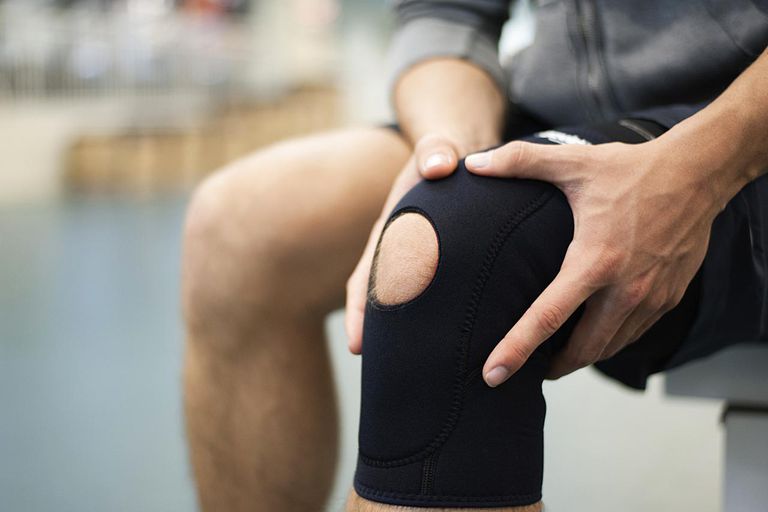
Overview
Throughout the United States, stem cell therapy is being touted as a miracle cure for everything from wrinkles to spinal repair.
Though very few of these applications have any scientific backing, stem cell therapy for knees has been the subject of quite a few promising studies.
Arthritis develops when the cartilage lining the joints starts to deteriorate, causing pain and limiting function. Osteoarthritis is incredibly common. Arthritis and similar conditions are a major cause of disability in the United States.
Every year about 600,000 Americans gets a knee replacement, a number that could rise to 3 million by 2030. Until recently, treatment options were either temporary or surgical.
Now, in numerous cases, stem cell therapy for knees is reducing pain and repairing cartilage. As a result, many people have been able to improve their quality of life and avoid surgery.
As studies continue, the forms and combinations of stem cell preparations are improving, and outcomes are expected to improve as well.
The job of adult stem cells is to maintain and heal tissues by replenishing damaged and dying cells. In some areas of the body, such as the knee, the blood supply is limited, so stem cells don’t work as well as they should.
Alternatively, though, they can be injected, at which point they appear to initiate the self-recovery process.
Stem Cell For Knees Treatment
The usual job of joint cartilage is to promote smooth movement of joint surfaces and protect bones from friction. This process allows for shock absorption of up to 20 times the weight of the body. It’s essential to physical movement, especially in athletics.
Osteoarthritis is one of the most common chronic degenerative disorders and it very often affects the knee, causing deterioration of its joint cartilage over time.
Osteoarthritis can also begin as a result of a knee injury, such as a ligament tear, tendon damage, or a fracture.
In the face of damage, the joint becomes unstable and this wears down the articular cartilage. From there, the bone can suffer damage as well, in addition to the synovial joint lining, tendons, ligaments, and muscles.
Stem cell therapy for knees is minimally invasive. It’s a procedure that can decrease inflammation, slow and repair all these forms of damage from arthritis, and delay or prevent knee replacement surgery.
Stem Cell Knee Injections
Adult stem cells can be extracted from bone marrow or fat through simple methods. It’s then concentrated and injected into the knee with image guidance, usually to successful results.
In one study, patients experienced improvement in both knees even though only one knee was injected. Although the natural deterioration of the knee continues, at five years, those knees that are injected with stem cells are in better shape than they were before the injections.
Researchers believe that stem cell therapy for the knee works by:
- Developing into essential cartilage cells
- Thwarting the inflammation that can worsen arthritis
- Releasing proteins called cytokines that slow degeneration of cartilage and reduce pain
Ongoing research is striving to determine which stem cell knee therapy techniques, cell choices, and dosages yield the most effective and consistent results.
While some seem more potent than others and overall results are promising, more research is needed.
Precision Pain Care and Rehabilitation has two convenient locations in the Richmond Hill – Queens and New Hyde Park – Long Island. Call the Richmond Hill office at (718) 215-1888, or (516) 419-4480 for Long Island office, to arrange an appointment with our Interventional Pain Management Specialist, Dr. Jeffrey Chacko.













